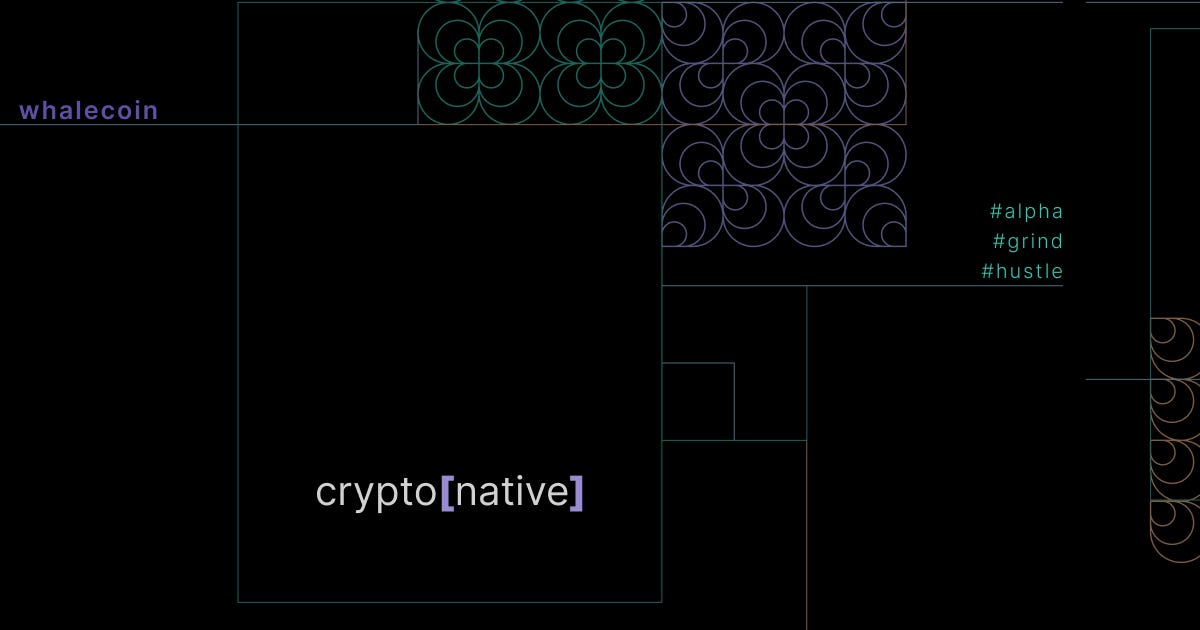Open Source: The Catalyst of Humanity’s Digital Future
How Deepseek, Meme Coins, and AI Butlers Are Eating Legacy Systems for Breakfast.
Something else that might interest you: How inflated FDVs, phantom wallets, and wash trading threaten Web3—and why Decentralized AI could be the key to restoring trust. Stay updated in real-time by following Tom Serres on X.com or LinkedIn.
Web3 is changing the game: are you ready to invest smart? Explore tailored strategies and guidance at Nautilus.Finance.
The U.S. stock market just shed $787 billion in value overnight. Meanwhile, Deepseek, introduced as an open-source product regardless of its cost to produce, has spread like wildfire across the globe, sending shockwaves through traditional systems. Its rapid adoption didn’t just rattle the financial markets; it wrecked them. Legacy systems are buckling under their outdated complexities, while decentralized systems are rising, not as an alternative, but as the inevitable next step. Open Source isn’t just eating the world; it’s rewriting the menu and setting the table for a digital economy unlike anything we’ve seen before. Expect more of this to happen as Web3 scales to new heights.
For the first time in human history, we can envision a reality where decentralized systems aren’t just an option; they’re the foundation of global value creation. This is a monumental shift. Centralized platforms have dominated the internet’s first few decades, extracting data, controlling narratives, and monopolizing value streams. But Open Source Software has always been the scrappy rebel; a feisty underdog offering tools and frameworks for anyone to build, adapt, and innovate without needing to sell their soul to a tech monopoly. Think Robin Hood, but with less archery and more GitHub commits.
Now, pair Open Source Software with decentralized, token-driven economies. Imagine a world where digital tools are no longer locked behind paywalls or monopolized by corporate giants desperately clinging to relevance, like Blockbuster handing out DVDs in a streaming world. Instead, these tools are governed by communities, fueled by token incentives that align economic benefits with contribution and participation. Ownership transforms from “I bought this” to “We built this,” turning users into co-creators with a stake in the game, and possibly their own meme coin.
Rise of the AI Butler (Who Codes)
The real tipping point? The rise of a self-writing internet. Thanks to advancements in AI, software is beginning to write itself with near-real-time precision, tailored perfectly to the user’s needs. It’s like having an AI butler who moonlights as a genius coder, and who never complains about overtime. This isn’t just automation; it’s an entirely new paradigm for value creation. When you combine AI’s ability to self-generate code with the openness and transparency of Open Source Software, you get an internet architecture that’s dynamic, responsive, and scalable enough to handle anything from launching a startup to automating your cat’s Instagram account.
In this world, value doesn’t trickle down, it flows like an open faucet through decentralized networks, tokenized incentives, and user-driven marketplaces. Imagine an AI that doesn’t just work for a single corporation but operates across a decentralized network, writing apps, creating tools, and generating services entirely on-chain. Users aren’t just consumers, they’re the board of directors, the shareholders, and the mildly chaotic brainstorming session.
From Bake Sales to DAOs
The implications of this shift are staggering. For one, it democratizes access to technology. Entrepreneurs in developing nations will have the same tools as startups in Silicon Valley (minus the $8 oat milk lattes). Governments can deploy decentralized AI for public services without relying on monopolistic tech giants. Even small communities can leverage this architecture to create value within their ecosystems, from local governance to tokenized economies. Your neighborhood bake sale could have its own DAO.
More importantly, this shift challenges the very nature of how economies operate. Open Source Software and decentralized systems aren’t just about efficiency, they’re about resilience, inclusivity, and transparency. These systems cut out the middlemen, reduce barriers to entry, and ensure that value creation benefits those who contribute rather than a centralized few. No more gatekeeping by tech overlords in Patagonia vests.
Grab a Plate or Get Left Behind
The question now is: Are we ready to embrace this future? Open Source Software has shown us what’s possible, but it’s up to us to build on that foundation. By combining Open Source Software with decentralized, token-driven systems, we can create a world where innovation is open, value is shared, and the internet itself becomes a self-sustaining economy. The time to act is now. The tools are here. The infrastructure is emerging. Open Source is eating the world, so grab a plate, pull up a chair, and get ready for the main course. Just don’t forget to bring your sense of humor and a willingness to rethink everything you thought you knew about value creation.
Something else that might interest you: How inflated FDVs, phantom wallets, and wash trading threaten Web3—and why Decentralized AI could be the key to restoring trust. Stay updated in real-time by following Tom Serres on X.com or LinkedIn.
Web3 is changing the game: are you ready to invest smart? Explore tailored strategies and guidance at Nautilus.Finance.
![crypto[native]](https://substackcdn.com/image/fetch/$s_!baju!,w_80,h_80,c_fill,f_auto,q_auto:good,fl_progressive:steep,g_auto/https%3A%2F%2Fsubstack-post-media.s3.amazonaws.com%2Fpublic%2Fimages%2Fc94827b0-d403-4ff4-a1dc-b507623bbbd2_1000x1000.png)

